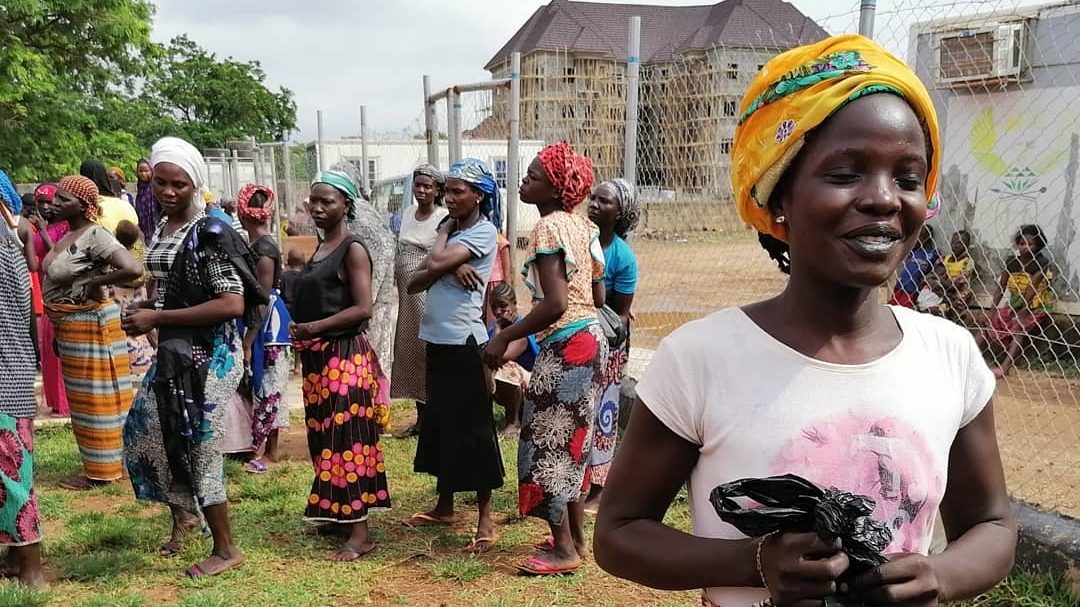
Adequate financial and digital literacy among women can help bridge the gender gap in Nigeria and alleviate poverty among women, Onyeka Akpaida, the founder and chief impact officer, Rendra Foundation, has said.
Akpaida also called for the designing of relevant and customised products and services for women that can meet their daily needs. She made the call during a tweet chat with The Guardian on November 13.
The Rendra Foundation boss said many financial services providers do not make their services women-friendly enough and easily accessible for low-income earners living in rural communities.
“Women are less integrated into the digital world,” Akpaida said. “While women have access to mobile phones in Nigeria, there is a significant gender gap of 15% in mobile internet users.
“Many low-income women given their low literacy levels are not knowledgeable of the financial products, their usage, opportunities, and their challenges; they also exhibit steeper adoption curves when it comes to technology.”
She said while the use of mobile agents has collapsed the physical gap between financial services providers and low-income earners, the fees charged on transactions by the agents are considered expensive by many low-income women.
“Women (and men also) find it too costly to access financial services via banks or ATM points, given the distance to travel and the opportunity cost of travel when they could be engaged in other economically productive activities,” Akpaida said.
She insisted that the lack of necessary data required to monitor the progression of women’s financial inclusion and the barriers encountered are partly responsible for gender gap and limited access to finance by women.
“When women are empowered, we are investing in the people that invest in everyone else. If women have equal participation in the economy as men, global GDP could increase by $28 trillion by 2025,” she said.
In its 2018 Access to Finance Survey, EFInA said about 36.8% of the adult population in Nigeria were financially excluded with women constituting 55.9% of this statistics. This implies that about 20.5 adult woman in Nigeria were financially excluded as at 2016.
To bridge this gap, Rendra Foundation, which Akpaoda currently leads, is working towards easing off these problems through the promotion of inclusive finance for low-income and forcibly displaced women, especially in northern Nigeria.
The foundation provides financial inclusion and financial literacy, agent banking training and micro-credits for the women.
“Leveraging the skills and knowledge gleaned from our programmes, these women are equipped to create sustainable change for themselves, their families and communities,” the foundation said.



